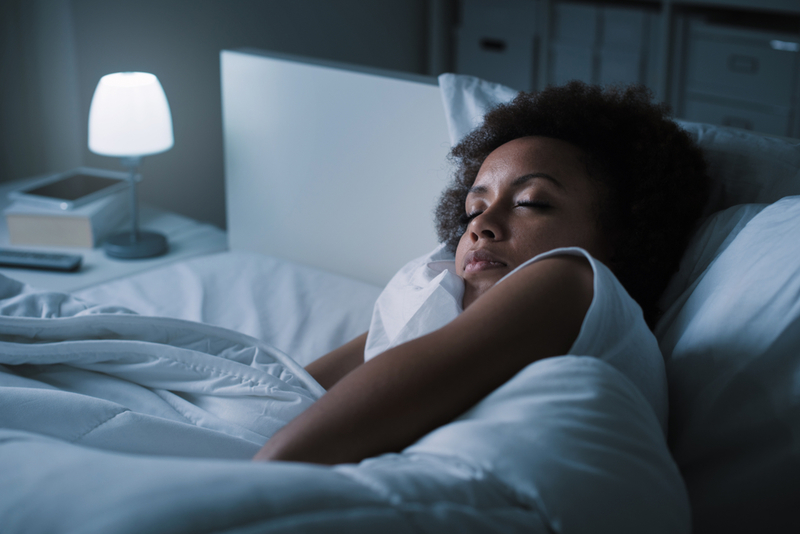
The Connection
First off, you must understand the link between breath and sleep. You can’t expect to get a deep, restful sleep if you’re having trouble breathing at night. Studies have shown that patients who have been diagnosed with sleep apnea have a higher prevalence of insomnia. On the other hand, other studies revealed that 90% of all awakenings were led by sleep breathing events, despite no earlier diagnosed symptoms.
How to Breathe Better
Nasal breathing is one way to ensure better sleep. Other than the fact that breathing through your nose filters bacteria and viruses and can support immune health, breathing through your nose allows you to retain more oxygen. You can get more oxygen with fewer breaths, as opposed to breathing through your mouth, which causes your tongue to fall back, blocking the airway. Individuals who breathe through their mouths are more commonly experience sleep disorders. But how do you make sure you’re sleeping through your nose if you’re asleep? Great question! There is a method called “mouth taping,” we know it sounds a bit absurd! Place a little piece of tape on your lips to help train your jaw shut, don’t use a large piece of duct tape; opt for blue painter’s tape. Take a small, stamp-size piece of tape, place it at the center of your lips. You’ll still be able to breathe, but you’ll be straining your jaw shut.

The Takeaway
Your breath affects so many of our body’s functions, stress, anxiety, cognition, to name a few. It comes as no surprise that breath has a strong connection to sleep, as well. Tonight, before you fall asleep, pay a little more attention to your breathing; it’s the foundation for healthy living.